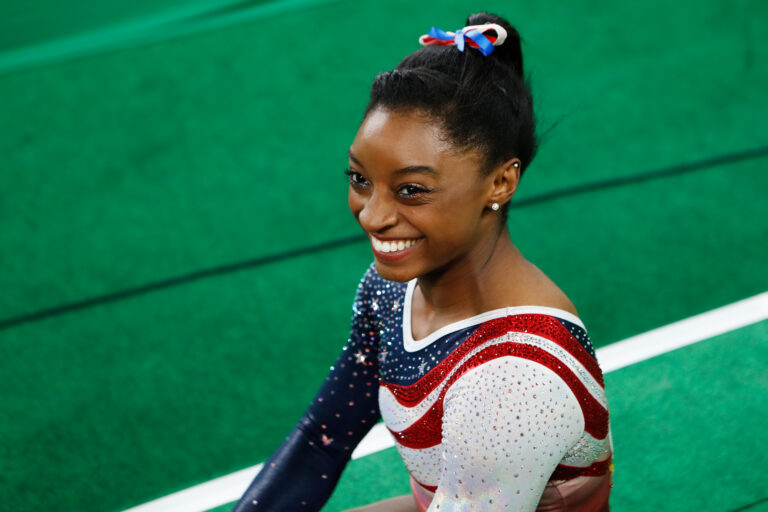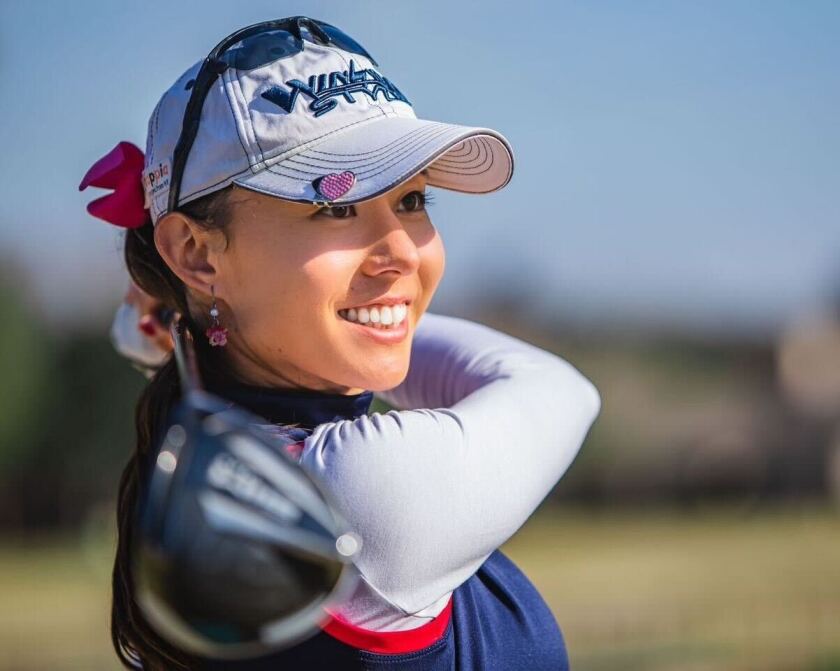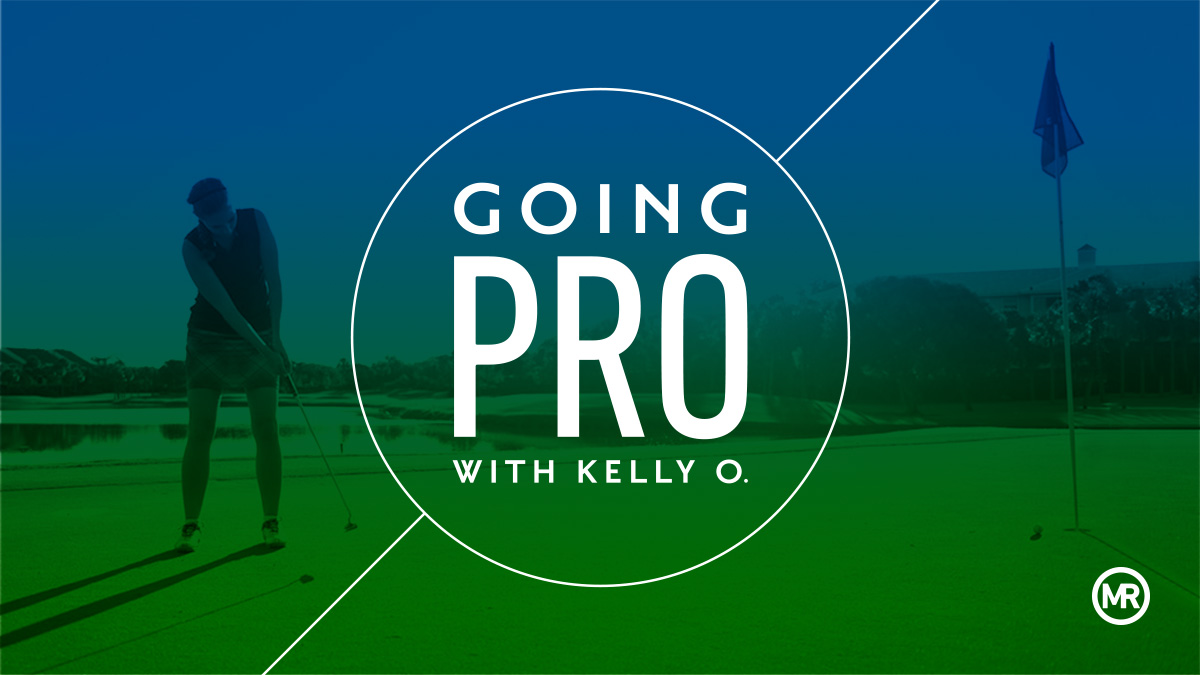
As the Olympics approaches once again, all eyes will be on Simone Biles. After her documentary – “Simone Biles Rising” – was released today on Netflix, I hope fans will see her as both the GOAT and a human.
Biles’ withdrawal from the 2020 Tokyo Olympics came as a shock to everyone. However, the harsh reaction to that shock was extremely uncalled for. As we saw in the first episode of the documentary, several commentators bashed Biles for “quitting” and letting down her team. I couldn’t applaud Biles more when she said, “You guys can’t even do a cartwheel.”
Let’s break down that comment. Biles strongly implied that those who aren’t experts – or even the specific athletes themselves – could comment more respectfully and kindly because a full comprehension of the situation isn’t there: they haven’t been in her shoes.
When I was a professional golfer, I never made it close to Biles’ GOAT status. However, I can relate to people commenting on my game without knowing how I work as a person. In fact, most female professional and collegiate golfers receive unsolicited advice daily on the driving range from high handicappers.
At least we can say these golfers hopefully have somewhat pure intentions, but what about those in the media who are attacking athletes for the sensationalism of it all? Journalists and show hosts have the power and the duty to tell the truth, yet their unfounded opinions are affecting fans’ perspectives and even sowing self-doubt into the athletes themselves.
Was taking a role model for millions of girls down a notch worth the 15 minutes of fame that is “breaking news?” Those headlines and social media comments cost Biles years of confidence, and I’m so proud of her putting in the work to come back and compete in the Olympics yet again this summer.
That’s why Fairway to Green is committed to treating all of our interviewees and topics with the kindness and respect they deserve. Media can add to the problem we’re seeing with mental health or we can be part of the solution – we’re dedicated to leading the latter.
Biles says, “Put mental health first because if you don’t, then you’re not going to enjoy your sport and you’re not going to succeed as much as you want to so it’s okay sometimes to even sit out the big competitions to focus on yourself because it shows how strong of a competitor and person that you really are.”
Could we ask for a better role model for our next generation of athletes?
Throughout the documentary, Biles also comments on the importance of community. Having that tight circle can help fuel positive self-talk and make all the difference, especially when facing the media. She says, “I wanted to quit like 500,000 times. And I would have if it weren’t for them (her teammates).”
Biles not only takes the support from her teammates, but she gives it as well. Leading by example and being her authentic self in the gym has inspired her teammates. One such teammate, Joscelyn Roberson, says, “She doubts just as much as any other gymnast. Honestly, it really helps everyone I think to know Simone gets nervous.” Biles sharing how scared she is each day to pull off dangerous moves encourages others to face their fears each day, too, and become better athletes.
The rise of social media has given sports fans more access than ever to their idols (and media outlets more access to fans). However, that access has often been mistaken for the right to comment on any aspect of an athlete’s life without knowing the full picture, potentially causing irreparable harm to their mental health. Yes, these people are on a larger stage and publicity is a part of that, but we would all do well to remember that these athletes are humans just like us.
Let’s use social media to build something we can be proud of – a kind and supportive community for those brave enough to put themselves on the world stage.


